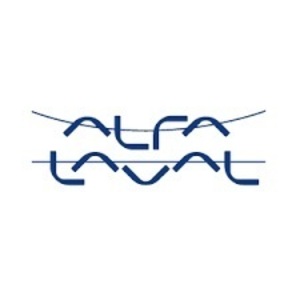Alfa Laval to supply processing line to US renewable diesel plant

October 29, 2020
BY Alfa Laval
– a world leader in heat transfer, centrifugal separation and fluid handling – has won an order to supply a processing line to HollyFrontier Corp. to support the production of renewable diesel in the US. The order has a value of approximately SEK 130 million and is booked in the Food Systems unit of the Food & Water Division. Delivery of equipment is scheduled for 2021.
The order comprises Alfa Laval high speed separators and various compact heat exchangers along with other equipment, engineering and services to provide a pre-treatment processing plant to remove contaminants from fats and oil feedstock prior to the conversion to renewable diesel fuel.
“I am very pleased to announce this large order in the renewable energy area,” says Nish Patel, president of the Food & Water Division. “Our various products used in the pre-treatment process are recognized for their efficiency and reliable performance. This order confirms our customer’s trust in our equipment.”
Advertisement
Advertisement
Advertisement
Advertisement
Related Stories
Neste and DHL Express have strengthened their collaboration with the supply of 7,400 tons (9.5 million liters) of neat, i.e. unblended, Neste MY Sustainable Aviation Fuel to DHL Express at Singapore Changi Airport starting July 2025.
CoBank’s latest quarterly research report, released July 10, highlights current uncertainty around the implementation of three biofuel policies, RFS RVOs, small refinery exemptions (SREs) and the 45Z clean fuels production tax credit.
The U.S. Energy Information Administration maintained its forecast for 2025 and 2026 biodiesel, renewable diesel and sustainable aviation fuel (SAF) production in its latest Short-Term Energy Outlook, released July 8.
XCF Global Inc. on July 10 shared its strategic plan to invest close to $1 billion in developing a network of SAF production facilities, expanding its U.S. footprint, and advancing its international growth strategy.
U.S. fuel ethanol capacity fell slightly in April, while biodiesel and renewable diesel capacity held steady, according to data released by the U.S. EIA on June 30. Feedstock consumption was down when compared to the previous month.
Upcoming Events










